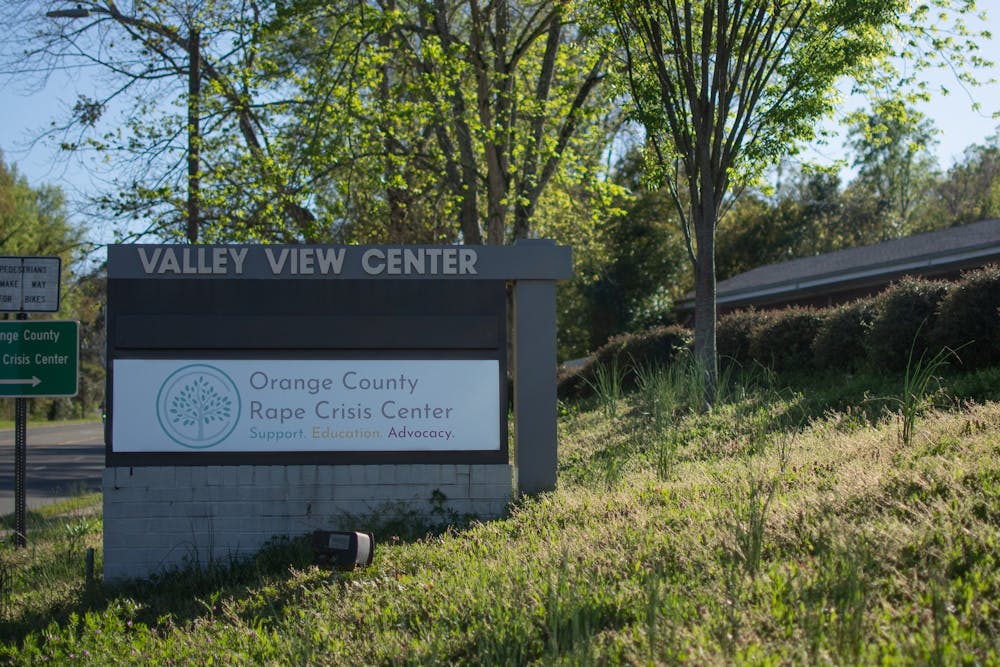“It makes me feel safe and secure to know that like if something along these lines ever happened to me, I would have a resource and a support center to go through to get the health and safety that I need,” Thorp said.
The OCRCC’s educational approach starts with Safe Touch, a program that teaches children from kindergarten through fifth grade about bodily autonomy and how to decline touch that makes them uncomfortable.
“It was just really awesome to see the way that curriculum was being taught because those kids were just learning something so valuable in such an age-appropriate way that they probably didn't even realize what they were learning,” said Maya Hall, a former Safe Touch volunteer educator.
OCRCC also offers Start Strong programs for middle and high schoolers, which empower them to stand against sexual violence.
"This is a problem that requires full community investment in making changes in the way that we raise children," Rachel Valentine, the executive director of the OCRCC, said. "Making changes in the way that we believe survivors, in the way that we provide support to people who are experiencing trauma and in the way that we connect our trauma stories.”
She said sexual violence happens in the context of sexism, homophobia, transphobia and ableism and will persist until those issues are solved.
The center has a variety of volunteer opportunities, including helping with education on Safe Touch and Start Strong, providing on-site support to survivors of sexual violence in the immediate aftermath as a hospital companion and serving in administrative office roles.
Valentine also said monetary donations are important to helping the organization.
“We do receive some funding from government sources, but a really large part of what keeps our lights on for survivors day in and day out is contributions from community members,” she said.
Valentine said anyone struggling with the aftermath of sexual violence should reach out to the center. She emphasized that there is no need for individuals to know what they are looking for, nor any requirement to contact the police or UNC officials.
“You deserve support," she said. "No matter what happened, no matter what the context was, for your experience, you deserve support. The Orange County Rape Crisis Center is a place where you can go to get just that."
Chapel Hill residents can find more information about the OCRCC and the support they provide here.
To get the day's news and headlines in your inbox each morning, sign up for our email newsletters.
UNC students can find resources for sexual and gender-based harassment, sexual assault, sexual violence, interpersonal (relationship) violence and stalking here.
@DTHCityState | city@dailytarheel.com




